
Finding himself in a house in the north of Iran by the Caspian Sea, the director picked up his handheld DV camera and began filming the seemingly anodyne events happening on the 500 metres of beach in front of his house—a piece of wood toyed with by the waves, people walking by the sea, indistinct shapes on a wintry beach or noisy ducks.
You May Also Like
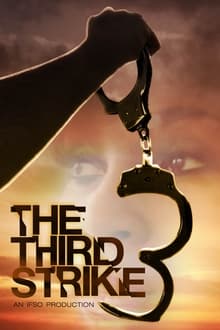
A deep dive into the 1980’s war on drugs that led directly to the three-strikes laws that locked up even petty offenders for lifetime sentences.

A “behind-the-scenes” insight of the Romanian wedding industry, with cameramen, photographers and singers from all around the country in the spotlight. Their life stories, their editing styles, their hands-on-approach know-how and, of course, their performances at weddings, mix up in a shortcut-style film. George Stirbat, the 30-something one-man-show singer from the small town of Onesti returned home after a mini-Broadway career and Petru Manici, the coal mine electrician from the mining town of Petrosani, are just two of the most interesting characters the film follows in their quest to achieve perfection for the bride’s and groom’s memories. Something to remember.

He had one chance to show the world he was still the King of Rock ‘n’ Roll. Discover the story behind Elvis Presley’s triumphant ’68 comeback special.
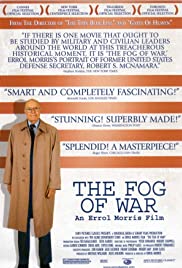
Using archival footage, United States Cabinet conversation recordings, and an interview of the 85-year-old Robert McNamara, THE FOG OF WAR depicts his life, from working as a WWII whiz kid military officer, to being the Ford Motor Company’s president, to managing the American Vietnam War, as defense secretary for presidents Kennedy and Johnson.

In 2008, student Martine Vik Magnussen was killed after a night out. The only suspect, the son of a billionaire, fled the UK to Yemen. Reporter Nawal Al-Maghafi is determined to speak to him.

A probe into what modern neuroscience can tell us about consciousness and analyzes the implications of the cultural lens through which we tend to perceive it, revealing logical answers to some of humanity’s oldest existential questions.
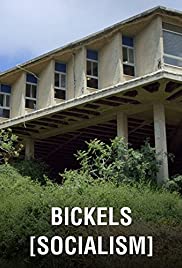
The ‘Casa do Povo’ cultural centre in São Paulo, an icon of the secular Jewish workers’ movement: a crumbling theatre flanked by staircases, entryways and corridors. Construction noise drones away in the background, clinking crockery, a broom sweeping over tiled floors, an expressive façade of countless adjustable panes of glass covered by a patina. It’s October 2016 and a group of young people are preparing a preview of Bickels [Socialism]. The venue is to form a prologue to the completed film, which tours 22 buildings in Israel designed by Samuel Bickels, most of which for kibbutzim. Dining halls, children’s houses, agricultural buildings, bright structures inserted into the Mediterranean landscape with great ingenuity. An architecture with a sell-by date: That many are now empty or have been repurposed at best is linked to the decline of the socialist ideals they embody.
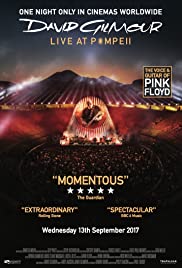
Decades after first performing there with Pink Floyd, singer-guitarist David Gilmour returned in July 2016 for two concerts in the ancient Italian amphitheatre as part of his Rattle That Lock tour.
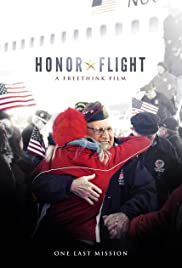
Honor Flight chronicles a community coming together to honor World War II veterans. The film follows a team of Midwest volunteers as they race against the clock to send every local WWII veterans to see the memorials built in their honor.
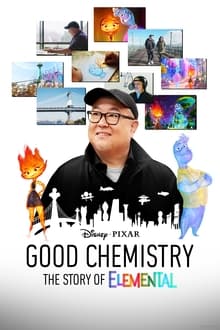
Pixar director Peter Sohn takes viewers on a humorous personal journey through the inspiration behind Disney and Pixar’s feature film “Elemental.” “Good Chemistry: The Story of Elemental” traces his parents’ voyage from Korea to New York, explores his dad’s former grocery shop in the heart of the Bronx, and delves into his choice of a career in animation, rather than the family business.
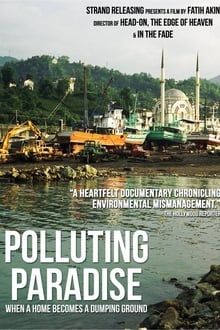
Villagers in Turkey’s Black Sea village of Camburnu struggle with the government’s decision to turn their community into a garbage dump.

A documentary on Jacques Vergès, the controversial lawyer and former Free French Forces guerrilla, exploring how Vergès assisted, from the 1960s onwards, anti-imperialist terrorist cells operating in Africa, Europe, and the Middle East. Participants interviewed include Algerian nationalists Yacef Saadi, Zohra Drif, Djamila Bouhired and Abderrahmane Benhamida, Khmer Rouge members Nuon Chea and Khieu Samphan, once far-left activists Hans-Joachim Klein and Magdalena Kopp, terrorist Carlos the Jackal, lawyer Isabelle Coutant-Peyre, neo-Nazi Ahmed Huber, Palestinian politician Bassam Abu Sharif, Lebanese politician Karim Pakradouni, political cartoonist Siné, former spy Claude Moniquet, novelist and ghostwriter Lionel Duroy, and investigative journalist Oliver Schröm.